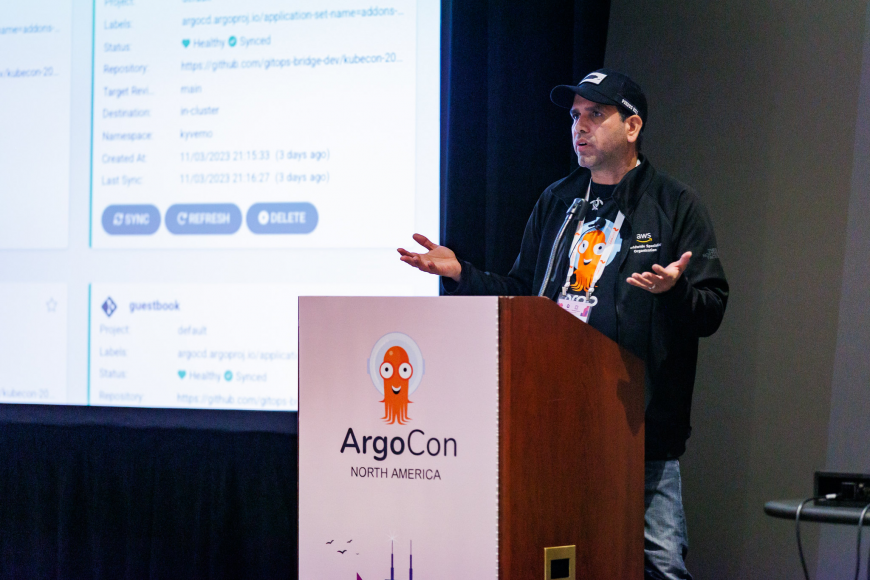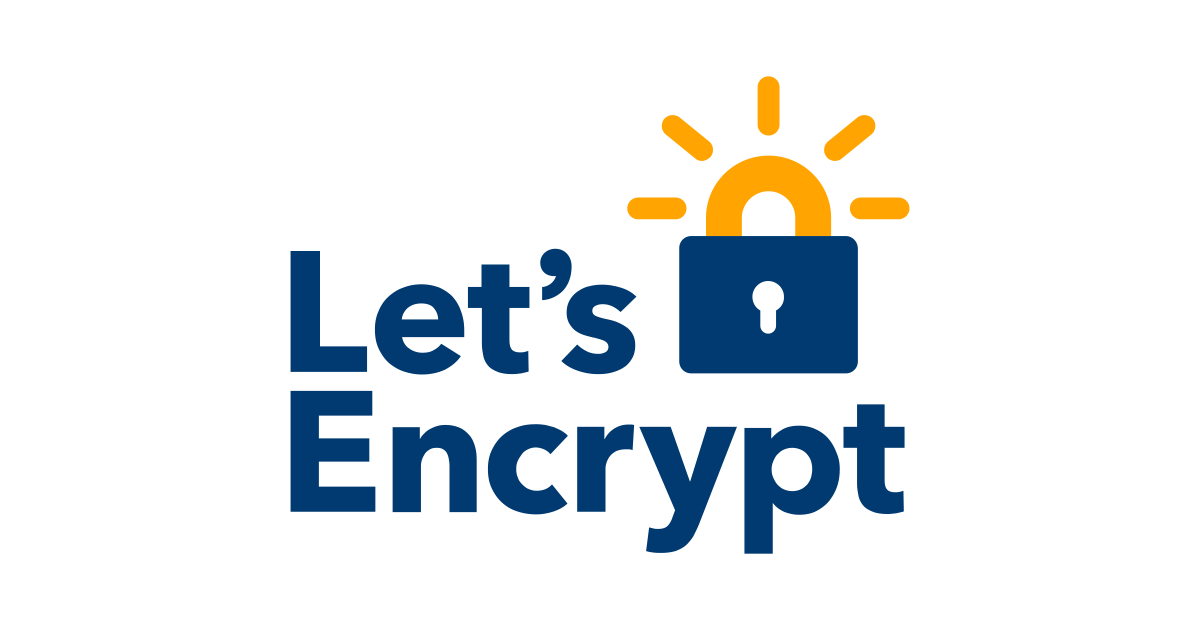A look into the Kubernetes Book Club
Author: Frederico Muñoz (SAS Institute) Learning Kubernetes and the entire ecosystem of technologies around it is not without its challenges. In this interview, we will talk with Carlos Santana (AWS) to learn a bit more about how he created the Kubernetes Book Club, how it works, and how anyone can join in to take advantage of a community-based learning experience. Frederico Muñoz (FSM): Hello Carlos, thank you so much for your availability. To start with, could you tell us a bit about yourself? Carlos Santana (CS): Of course. My experience in deploying Kubernetes in production six years ago opened the door for me to join Knative and then contribute to Kubernetes through the Release Team. Working on upstream Kubernetes has been one of the best experiences I've had in open-source. Over the past two years, in my role as a Senior Specialist Solutions Architect at AWS, I have been assisting large enterprises build their internal developer platforms (IDP) on top of Kubernetes. Going forward, my open source contributions are directed towards CNOE and CNCF projects like Argo, Crossplane, and Backstage. Creating the Book Club FSM: So your path led you to Kubernetes, and at that point what was the motivating factor for starting the Book Club? CS: The idea for the Kubernetes Book Club sprang from a casual suggestion during a TGIK livestream. For me, it was more than just about reading a book; it was about creating a learning community. This platform has not only been a source of knowledge but also a support system, especially during the challenging times of the pandemic. It's gratifying to see how this initiative has helped members cope and grow. The first book Production Kubernetes took 36 weeks, when we started on March 5th 2021. Currently don't take that long to cover a book, one or two chapters per week. FSM: Could you describe the way the Kubernetes Book Club works? How do you select the books and how do you go through them? CS: We collectively choose books based on the interests and needs of the group. This practical approach helps members, especially beginners, grasp complex concepts more easily. We have two weekly series, one for the EMEA timezone, and I organize the US one. Each organizer works with their co-host and picks a book on Slack, then sets up a lineup of hosts for a couple of weeks to discuss each chapter. FSM: If I’m not mistaken, the Kubernetes Book Club is in its 17th book, which is significant: is there any secret recipe for keeping things active? CS: The secret to keeping the club active and engaging lies in a couple of key factors. Firstly, consistency has been crucial. We strive to maintain a regular schedule, only cancelling meetups for major events like holidays or KubeCon. This regularity helps members stay engaged and builds a reliable community. Secondly, making the sessions interesting and interactive has been vital. For instance, I often introduce pop-up quizzes during the meetups, which not only tests members' understanding but also adds an element of fun. This approach keeps the content relatable and helps members understand how theoretical concepts are applied in real-world scenarios. Topics covered in the Book Club FSM: The main topics of the books have been Kubernetes, GitOps, Security, SRE, and Observability: is this a reflection of the cloud native landscape, especially in terms of popularity? CS: Our journey began with 'Production Kubernetes', setting the tone for our focus on practical, production-ready solutions. Since then, we've delved into various aspects of the CNCF landscape, aligning our books with a different theme. Each theme, whether it be Security, Observability, or Service Mesh, is chosen based on its relevance and demand within the community. For instance, in our recent themes on Kubernetes Certifications, we brought the book authors into our fold as active hosts, enriching our discussions with their expertise. FSM: I know that the project had recent changes, namely being integrated into the CNCF as a Cloud Native Community Group. Could you talk a bit about this change? CS: The CNCF graciously accepted the book club as a Cloud Native Community Group. This is a significant development that has streamlined our operations and expanded our reach. This alignment has been instrumental in enhancing our administrative capabilities, similar to those used by Kubernetes Community Days (KCD) meetups. Now, we have a more robust structure for memberships, event scheduling, mailing lists, hosting web conferences, and recording sessions. FSM: How has your involvement with the CNCF impacted the growth and engagement of the Kubernetes Book Club over the past six months? CS: Since becoming part of the CNCF community six months ago, we've witnessed significant quantitative changes within the Kubernetes Book Club. Our membership has surged to over 600 members, and we've successfully organized and conducted more than 40 events during this period. What's even more promising is the con

Author: Frederico Muñoz (SAS Institute)
Learning Kubernetes and the entire ecosystem of technologies around it is not without its challenges. In this interview, we will talk with Carlos Santana (AWS) to learn a bit more about how he created the Kubernetes Book Club, how it works, and how anyone can join in to take advantage of a community-based learning experience.

Frederico Muñoz (FSM): Hello Carlos, thank you so much for your availability. To start with, could you tell us a bit about yourself?
Carlos Santana (CS): Of course. My experience in deploying Kubernetes in production six years ago opened the door for me to join Knative and then contribute to Kubernetes through the Release Team. Working on upstream Kubernetes has been one of the best experiences I've had in open-source. Over the past two years, in my role as a Senior Specialist Solutions Architect at AWS, I have been assisting large enterprises build their internal developer platforms (IDP) on top of Kubernetes. Going forward, my open source contributions are directed towards CNOE and CNCF projects like Argo, Crossplane, and Backstage.
Creating the Book Club
FSM: So your path led you to Kubernetes, and at that point what was the motivating factor for starting the Book Club?
CS: The idea for the Kubernetes Book Club sprang from a casual suggestion during a TGIK livestream. For me, it was more than just about reading a book; it was about creating a learning community. This platform has not only been a source of knowledge but also a support system, especially during the challenging times of the pandemic. It's gratifying to see how this initiative has helped members cope and grow. The first book Production Kubernetes took 36 weeks, when we started on March 5th 2021. Currently don't take that long to cover a book, one or two chapters per week.
FSM: Could you describe the way the Kubernetes Book Club works? How do you select the books and how do you go through them?
CS: We collectively choose books based on the interests and needs of the group. This practical approach helps members, especially beginners, grasp complex concepts more easily. We have two weekly series, one for the EMEA timezone, and I organize the US one. Each organizer works with their co-host and picks a book on Slack, then sets up a lineup of hosts for a couple of weeks to discuss each chapter.
FSM: If I’m not mistaken, the Kubernetes Book Club is in its 17th book, which is significant: is there any secret recipe for keeping things active?
CS: The secret to keeping the club active and engaging lies in a couple of key factors.
Firstly, consistency has been crucial. We strive to maintain a regular schedule, only cancelling meetups for major events like holidays or KubeCon. This regularity helps members stay engaged and builds a reliable community.
Secondly, making the sessions interesting and interactive has been vital. For instance, I often introduce pop-up quizzes during the meetups, which not only tests members' understanding but also adds an element of fun. This approach keeps the content relatable and helps members understand how theoretical concepts are applied in real-world scenarios.
Topics covered in the Book Club
FSM: The main topics of the books have been Kubernetes, GitOps, Security, SRE, and Observability: is this a reflection of the cloud native landscape, especially in terms of popularity?
CS: Our journey began with 'Production Kubernetes', setting the tone for our focus on practical, production-ready solutions. Since then, we've delved into various aspects of the CNCF landscape, aligning our books with a different theme. Each theme, whether it be Security, Observability, or Service Mesh, is chosen based on its relevance and demand within the community. For instance, in our recent themes on Kubernetes Certifications, we brought the book authors into our fold as active hosts, enriching our discussions with their expertise.
FSM: I know that the project had recent changes, namely being integrated into the CNCF as a Cloud Native Community Group. Could you talk a bit about this change?
CS: The CNCF graciously accepted the book club as a Cloud Native Community Group. This is a significant development that has streamlined our operations and expanded our reach. This alignment has been instrumental in enhancing our administrative capabilities, similar to those used by Kubernetes Community Days (KCD) meetups. Now, we have a more robust structure for memberships, event scheduling, mailing lists, hosting web conferences, and recording sessions.
FSM: How has your involvement with the CNCF impacted the growth and engagement of the Kubernetes Book Club over the past six months?
CS: Since becoming part of the CNCF community six months ago, we've witnessed significant quantitative changes within the Kubernetes Book Club. Our membership has surged to over 600 members, and we've successfully organized and conducted more than 40 events during this period. What's even more promising is the consistent turnout, with an average of 30 attendees per event. This growth and engagement are clear indicators of the positive influence of our CNCF affiliation on the Kubernetes Book Club's reach and impact in the community.
Joining the Book Club
FSM: For anyone wanting to join, what should they do?
CS: There are three steps to join:
- First, join the Kubernetes Book Club Community
- Then RSVP to the events on the community page
- Lastly, join the CNCF Slack channel #kubernetes-book-club.
FSM: Excellent, thank you! Any final comments you would like to share?
CS: The Kubernetes Book Club is more than just a group of professionals discussing books; it's a vibrant community and amazing volunteers that help organize and host Neependra Khare, Eric Smalling, Sevi Karakulak, Chad M. Crowell, and Walid (CNJ) Shaari. Look us up at KubeCon and get your Kubernetes Book Club sticker!




































